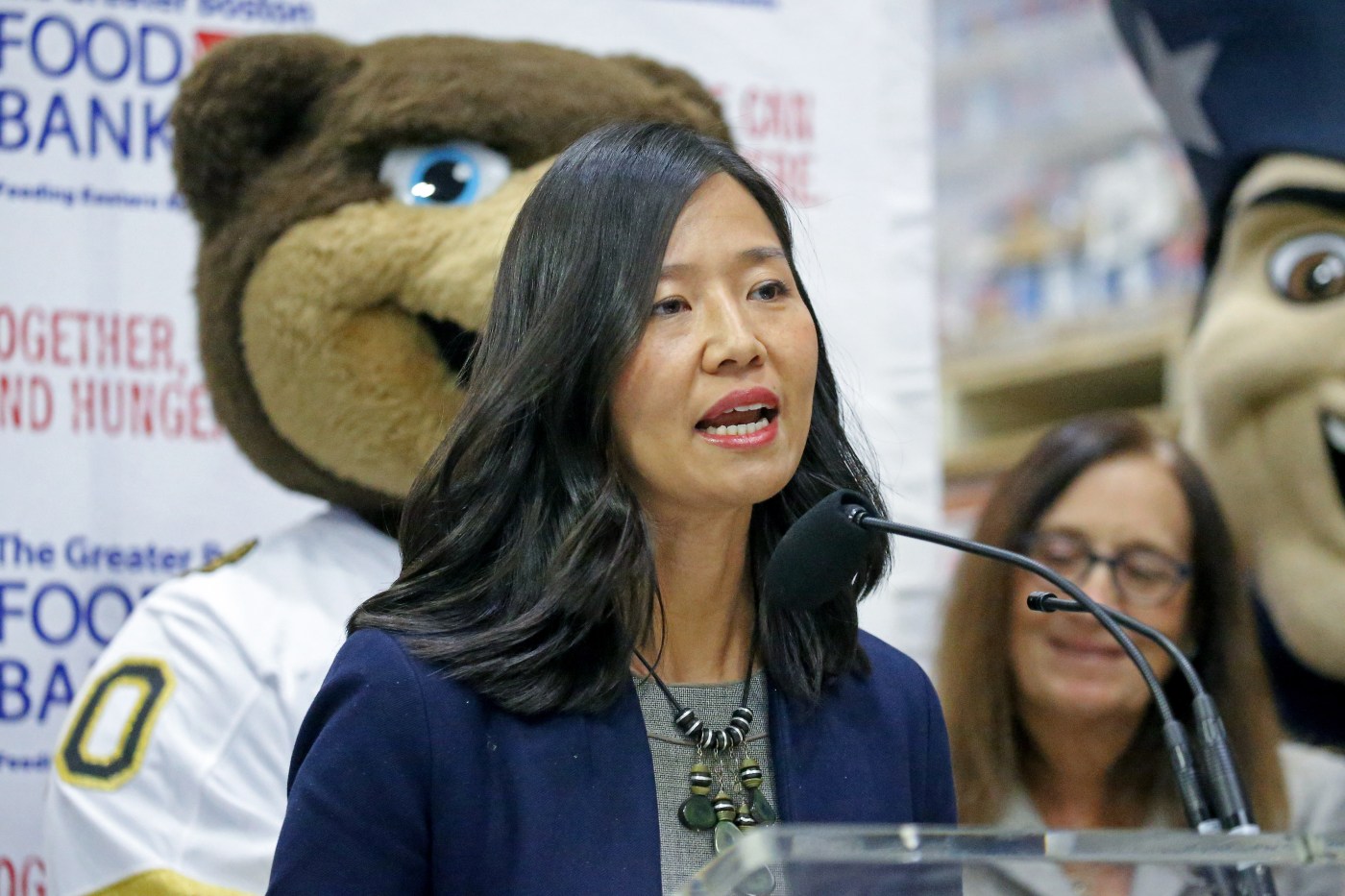
Editorial: Basic income’s basic question – who will pay?
Boston leaders are hashing over a universal basic income for needy Hub residents, and thankfully Mayor Michelle Wu is looking before she leaps.
Cities around the country have rolled out guaranteed income pilot programs, in New York, Texas, Michigan and California for example. Cambridge is also a participant, providing direct cash payments to families with children under the age of 21, and who earn at or below 250% of the federal poverty level.
Like most municipalities experimenting with the program, funding in part comes from the American Rescue Plan Act. That COVID-era windfall allowed a plethora of cities to ease a life of poverty for many residents.
But the $1.9 trillion ARPA fund is finite, and the spigot will eventually turn off.
This leaves Boston with the inevitable question: how will we pay for such a program?
A proposal for implementing a “temporary guaranteed income program” put forward for discussion by outgoing Councilor Kendra Lara couldn’t come at a worse time, as the city and state struggle with housing and caring for an unceasing influx of migrants.
According to Lara’s hearing order, 18.9% of Bostonians are living “in poverty,” including 27.7% of children. Nearly 60 years after LBJ’s War on Poverty, and we have statistics like this – hardly a ringing endorsement for government programs.
Segun Idowu, the city’s chief of economic opportunity and inclusion, said Monday that there have been “a lot of discussions,” but no plans in place for a pilot program.
As the Herald reported, data from other municipal pilot programs across the country, including how successful a short-term income boost is in lifting people out of poverty and whether it hurts or helps the local economy, will inform whether Boston moves forward with a similar effort, Elijah Miller, the city’s director of policy, said.
“If guaranteed income is a way that we determine with our colleagues here is the way to go, it is something that we can look at as well as other tools that may be available, because we know that there is no silver bullet to addressing this problem,” Idowu said.
True, the bullet is for poverty is always green.
Which brings us back to the question – where would the money for such a venture come from, if we were to adopt it? Chicago’s $31.5 million Resilient Communities Pilot is cutting checks for 5,000 residents for a year. And when the money is gone, the county will tap funds from cannabis sales and other revenue streams, according to an official from the Cook County Board of Commissioners.
Might Boston consider such taxes? Will local philanthropic organizations step up? Or will property owners get another tax bite? Would newly arrived migrants, many of whom are impoverished, also qualify, regardless of immigration status?
Universal basic income is popular with progressives, who are thick on the ground in Massachusetts. Fiscal responsibility, not so much.
Lifting people out of poverty is a worthy cause, but unless a stable source of funding is found which won’t have a negative impact on the city’s economy, the help is unsustainable.
Editorial cartoon by Gary Varvel (Creators Syndicate)

